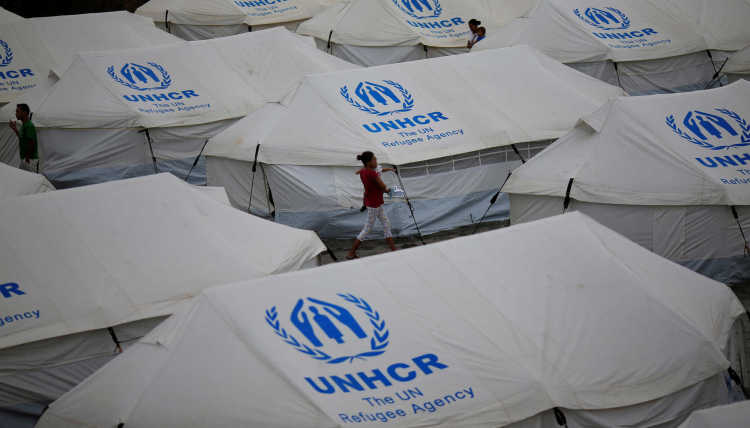- Home
- Research & Transfer
- Research Projects
- Every Immigrant Is an Emigrant: How Migration Policies Shape the Paths to Integration (IMISEM)
Every Immigrant Is an Emigrant: How Migration Policies Shape the Paths to Integration (IMISEM)

Every immigrant to a country is the emigrant of another. The migration policies in both countries of origin and countries of destination define the migrants' options to enter, settle and belong to them. Using a comparative area studies angle - with cases from Asia, Europe, Latin America and the Caribbean - we develop a broadened perspective on migration policy landscapes, migrant selectivity, policy coherence and policy dilemmas.
Leibniz Association, 2017-2020
Team
Research Questions
The project’s overarching research question is: How do policies define the chances of immigrants/emigrants to become/remain an integral part of their receiving and sending polities?
The partial research questions that we aim to answer are:
- What are the policies of the countries under study across three world regions for different groups of migrants?
- How are migration policies that regulate phases of migration linked to each other (i.e. immigration policy, immigrant policy, access to citizenship, and, on the other side: emigration policy, emigrant policies, and retention of citizenship for emigrants)?
- Are overarching principles observable through the configurations of policies? Is there coherence between policies?
- What is the interaction that occurs within policy configurations over time?
- How are guiding principles of migration policy created and institutionalised?
- Which guiding principles for migration policy are balanced in distinct policy mixes?
Contribution to International Research
The “policy nexus” between “admission”, “settlement” and “access to citizenship” policies is crucial, yet, so far, policies covering those stages have been mostly studied separately. The first important lacuna this project aims to cover is to look at the intricate links between these policies which roughly correspond to the state regulating the (ideal) stages of migration from mobility to settlement. Of course, not all migrants have the intention to settle and become citizens somewhere else, but we want to look at policies from the perspective of the possibilities they open to migrants to do so, shall migrants want to. We want to see for whom those paths of entry, settlement and citizenship are open, and for whom are truncated -and when. Next, what is still missing from the picture of migration policies in international research is to look at the emigration side of policy. We know much about the different policies that regulate immigration. However, this project also considers the policies that regulate emigration, the rights of emigrants, and their retention of citizenship. By covering this second lacuna it will be possible for us to consider two sides of migration policy in different countries and ask questions of coherence across those two sides. A third lacuna is that we know little about these policies beyond the Western “usual suspects”. Yet, by definition, migration issues span across countries and regions, and our grasp of policy models and options remains poor if we do not consider a wide range of policies that are decisive along the path from emigration to access to citizenship. Moreover, much innovation in emigration policies emanates from developing countries. Thus, a broad, cross-regional scope is crucial to reveal the range of variations among migration policy configurations. Firmly rooted in comparative area studies, this project aims at gaining policy-relevant insights on this important migration policy nexus.
Research Design and Methods
To answer the overarching research question, we combine methods of data collection and analysis across two concatenated phases, each refining the partial descriptive questions and allowing for more explanatory questions to be addressed. In the first phase we created a dataset on the migration policies which will combine existing data and gather additional information for policies not yet surveyed. The construction of the dataset, which spanned staggering 3 years, included collecting original data for 273 policy indicators for 32 countries. This dataset will let us -and the larger policy and academic communities- explore policy configurations and their relation to variables that define migration systems in a global scale. In the second phase of the project, we conducted a comparative cross-regional study of four cases, tracing trace the evolution of different policy configurations.
Preliminary Findings
We have given visibility to our project through participations in several international conferences, before international development organizations, and in social networks, seeking to reach out to the academic and policy communities interested in migration policies across countries, but also the public. To date, some preliminary results are undergoing review for academic publications.









